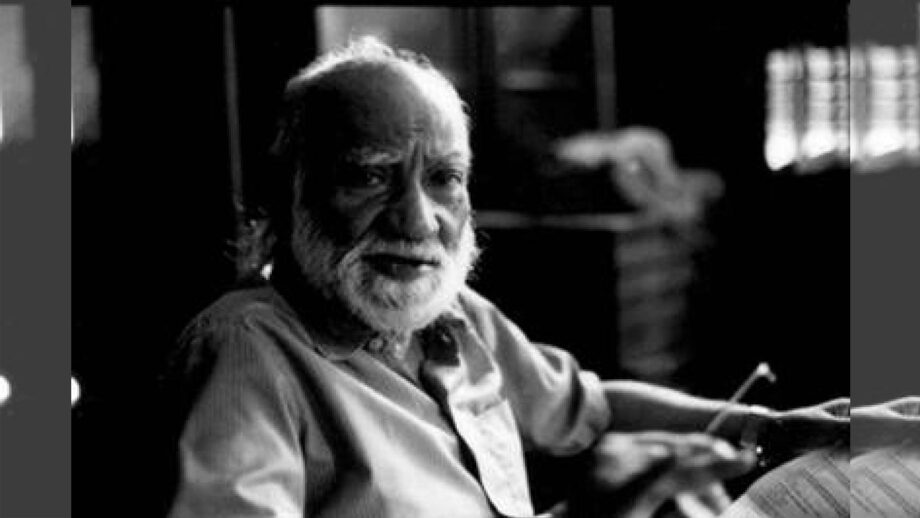Badal Sarkar has written more than fifty plays of which Ebong Indrajit, Basi Khabar, and Saari Raat are well known literary pieces. Though his early comedies were popular, it was his angst-ridden Ebong Indrajit (And Indrajit) that became a landmark play in Indian theatre. Today, his rise as a prominent playwright in the 1960s is seen as the coming of age of modern Indian playwriting in Bengali.
He was awarded the Padma Shri in 1972, the Sangeet Natak Akademi Award in 1968 and the Sangeet Natak Akademi Fellowship, the highest honor in the performing arts by Govt. of India, in 1997.
As a playwright, he rose to prominence in the 1970s and was one of the leading figures in the revival of street theatre in Bengal. His plays reflected the atrocities that prevailed in the society, the decayed hierarchical system and were socially enlightening. He is a proponent of the “Third Theatre” movement that stood ideologically against the state. The third theatre involved street plays, with actors being attired no differently than the audience.
Sircar directed his last play in 2003, and after that, his movements were restricted after a road accident, but even many years later till 2011, he continued performing at play readings and writing new works like adapting William Shakespeare’s Macbeth, two stories by Graham Greene and a novel, History of Love.
To mark his 85th birthday, a five-day-long festival titled Badal Utsava as a tribute to him was organized by several noted theatre directors. He was offered the Padma Bhushan by the Government of India in 2010, which he declined, stating that he is already a Sahitya Akademi Fellow, which is the biggest recognition for a writer.


